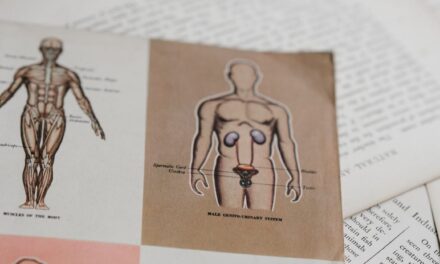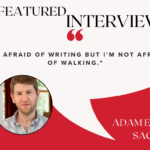 You’ve heard the expression Laughter is the best medicine. A look around the CR office would suggest that we rely on Laffy Taffy to cure most of our ills. But jokes and candy (and candy with jokes!) aren’t the only things that make us feel better when we’re feeling worse. Author Jeanette Winterson told a rapt audience at last year’s AWP conference in Boston: “When my leg is broken, I go to a doctor. When my heart is broken, I go to a poem.” As you’ll see below, some of our contributors prefer words to waiting rooms; and they’re willing to share, no prescription required, in issue 10.1.
You’ve heard the expression Laughter is the best medicine. A look around the CR office would suggest that we rely on Laffy Taffy to cure most of our ills. But jokes and candy (and candy with jokes!) aren’t the only things that make us feel better when we’re feeling worse. Author Jeanette Winterson told a rapt audience at last year’s AWP conference in Boston: “When my leg is broken, I go to a doctor. When my heart is broken, I go to a poem.” As you’ll see below, some of our contributors prefer words to waiting rooms; and they’re willing to share, no prescription required, in issue 10.1.
Carey Cameron (on “Thursday”): I have a family member dealing with hearing loss, and a family dealing with that family member’s hearing loss. I searched a couple of times on the internet for help—literature, groups—for the families of those experiencing hearing loss—a kind of Al-Anon, but for hearing-loss-affected families—but found nothing. Maybe I was simply not adept enough at searching on the internet, but it led me to want to write something inspired by my family’s experience in the hopes that it might resonate with others. There are a lot of baby boomers out there, struggling with hearing loss and other “ordinary” problems of aging, which, however, require extraordinary adjustments.
Hilde Weisert (on “Mercy”): My friend the poet Molly Peacock calls the sonnet “the emergency form.” My emergency was a serious illness, and writing sonnets—short reflections or explorations contained by the safety, surprise, and grace of form and rhyme—seemed natural, and “Mercy” the most natural of all.
The first two lines (“My chest’s a knothole and my arm’s a stick/ I creak and sigh like something on a hill”) came out aloud, like a statement of fact, more literal than figurative. It took me a moment to realize there was a figure there—“Oh. Oh, a tree.” I had the first stanza but no idea where to go, and then Daphne appeared, leading me into the second stanza with a real question I wanted to answer. And having started with a sentence I spoke, the poem ends with a sentence spoken to me.
In a way, the poem did what it said, which I hope it might do for others, emergency or not.










